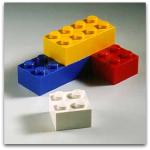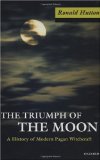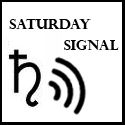 This is a subject I’ve been frustrated by for some time now, and I’d like to air my thoughts and see what you think about it.
This is a subject I’ve been frustrated by for some time now, and I’d like to air my thoughts and see what you think about it.
The basic gender assignment which are still frequently in use today date back to the 5th century BCE. The fragmentary writings that survive from Empedocles, among other things, establish the four roots (later elements) as Earth, Air, Fire and Water, and that further, these are associated with specific gods: Hera, Zeus, Hades, and Nestis (Persephone).
These associations had complex geographical and mythical attributes which are rarely (if ever) taken into consideration. They don’t specify mystic sexual or gender-based properties inherent in the elements themselves, but rather describe mystic attributes relevant to these specific divine couples.
Taken out of context, the elements often get (mis)classed as: Earth/female, Air/male, Fire/male, Water/female. This tradition has become entrenched in modern occultism, and it is patently absurd.
If we take a surface reading of gender stereotypes as presented, they make little sense. Is the person the fiery temper represented by nurturing Earth or deep water simply because she’s female? Must the practical labourer who’s held the same job for so many decades be viewed as intellectual air or fiery inspiration, simply because he has a penis? It simply doesn’t hold up, and perhaps it never really has.
We can still make use of the elemental associations in light of what they represent, for example:
- Earth – fertile, steadfast, practical
- Air – intellectual, remote, changeable
- Fire – passion, inspiration, transformation
- Water – emotional, nurturing, hidden
and various esoteric attributes, but we need not pretend these associations must be attributed to binary gender conventions.
Objects are no more imbued with mystical power than abstract concepts. The sword or wand ought not represent “male energy” (whatever that is) due to a faint phallic resemblances; there are no physical resemblances between a chalice or pentacle that suggest “femininity”. There are more relevant – and more potent – concerns inherent in the symbolism without forcing genders upon them.
Do we lose anything by dropping these arbitrary gender distinctions? What do we gain?
Popularity: 18%
 Jack Faust brought to my attention the plethora of posts on magickal models lately surfacing. It seems to have cheesed him a bit.
Jack Faust brought to my attention the plethora of posts on magickal models lately surfacing. It seems to have cheesed him a bit.. It seemed a straightforward place to start, Continue reading »








